Description
BUY MOLASSES FOR SALE
At Alpha Agventure Farms, our pure blackstrap molasses is the ideal choice for livestock farmers seeking high-quality feed supplements. With a Total Sugar As Inverted (TSAI) of 52-53% and a Brix score not less than 80°, our molasses exceeds typical feed-grade standards, ensuring ample fermentable sugar content and high soluble solids. This quality is crucial for providing optimal nutrition and supporting animal health.
The elevated TSAI in our molasses delivers more energy for livestock, promoting better growth rates, increased milk production, and enhanced reproductive performance, particularly during periods of stress or high activity. Additionally, the high Brix level ensures our molasses is nutrient-dense, which helps improve digestion and nutrient absorption, leading to better overall health and vitality in your animals.
Incorporating our pure blackstrap molasses into your feeding regimen encourages feed consumption, ensuring that livestock receive essential nutrients. Key minerals such as iron, calcium, magnesium, and potassium support bone development and muscle function, while trace vitamins and antioxidants further enhance overall livestock health and immunity.
By choosing Alpha Agventure Farms’ pure blackstrap molasses, you guarantee your livestock a top-quality feed supplement. With its rich nutrient profile, high energy content, and superior purity, our molasses ensures your animals thrive and maintain optimal health, making it an invaluable addition to any livestock feeding program for sustainable productivity and growth.
HOW WE USE MOLASSES
WHY BUY PURE BLACKSTRAP MOLASSES FROM US?
1. Locally Sourced and Proudly Filipino
Our blackstrap molasses is made from sugarcane grown by Filipino farmers, ensuring top quality and freshness. Supporting local farming reduces carbon emissions and strengthens the community. Choose Alpha Agventure Farms for a product rooted in Filipino tradition and committed to environmental responsibility.
2. Unmatched Purity with Optimal Fermentable Sugar Content
Our molasses has a TSAI of 52-53% and a minimum Brix of 80°, surpassing feed-grade standards. Standard molasses has a TSAI of 48-50% and a Brix of 75°. Ours offers higher fermentable sugar, making it ideal for livestock feed and ethanol production. With better nutrient density and performance, it’s the superior choice for those seeking top-quality molasses.
3. Rich in Indigenous Nutrients for Tropical Climates
Our molasses is rich in potassium and magnesium, essential for health in tropical climates. These nutrients support livestock and crop growth, making our product a valuable supplement. It promotes better health outcomes and enriches organic farming practices, ideal for tropical agriculture and sustainability.
4. Eco-Friendly Production and Packaging
Our molasses is produced using eco-friendly practices that minimize environmental impact. We use recyclable plastic containers to ensure our packaging is sustainable. By choosing Alpha Agventure Farms, you support responsible farming and waste reduction efforts, all while receiving a high-quality product in environmentally-conscious packaging.
5. Direct Farm-to-Consumer Sales for Freshness and Transparency
We sell directly from our farm to you, ensuring maximum freshness and transparency. No middlemen mean you know exactly where your molasses comes from. This approach supports local agriculture and delivers a fresher, higher-quality product straight to your door. Experience the farm-to-table difference with Alpha Agventure Farms.
FREQUENTLY ASKED QUESTIONS
Do you guarantee that your molasses is pure?
Yes, we do. Our pure molasses has a Total Sugar As Inverted (TSAI) of 52-53% and guaranteed minimum Brix of 79-80°.
For feed-grade molasses, the TSAI should be at least 48-50%. This ensures there is sufficient fermentable sugar content to provide energy for livestock. On the other hand, the TSAI of our pure molasses is better than feed-grade molasses. For purposes like ethanol production, a higher TSAI of at least 52% is typically recommended to maximize fermentable sugar availability.
Moreover, a minimum Brix level of 75° is generally recommended for feed-grade molasses. This ensures a sufficient concentration of soluble solids, primarily sugars, making the molasses nutrient-dense. The good news is our pure molasses is better than that. For industrial applications, especially fermentation, a higher Brix level of at least 79-80° is preferred to ensure the molasses is concentrated and effective.
What are the nutritional benefits of molasses for livestock?
Molasses is a rich source of energy, minerals, and vitamins for livestock. It contains high levels of carbohydrates, particularly sugars, which provide a quick energy boost. Additionally, it is rich in minerals like calcium, magnesium, and potassium, and also contains trace elements such as copper and zinc. Molasses can improve feed palatability, encourage feed intake, and support overall animal health.
How much molasses should I feed my livestock?
At the Alpha Agventure Farms, we only mix 1 tablespoon of pure blackstrap molasses per 1 liter of water.
Can molasses be used as a supplement for all types of livestock?
Yes, molasses can be used as a supplement for a variety of livestock, including cattle, sheep, goats, horses, and pigs. However, the quantity and method of feeding may vary between species. It is essential to tailor the supplementation to the specific nutritional needs and digestive systems of the animals to ensure optimal health benefits.
How should molasses be stored to maintain its quality?
Molasses should be stored in a cool, dry place away from direct sunlight to maintain its quality. It is best kept in airtight containers to prevent contamination and moisture absorption. Large quantities can be stored in bulk tanks or drums. Regularly check for any signs of fermentation or spoilage, as these can reduce its nutritional value.
Can molasses help improve the palatability of livestock feed?
Yes, molasses is known to improve the palatability of livestock feed due to its sweet taste and appealing aroma. This can encourage animals to consume their feed more readily, which is particularly beneficial when introducing new feeds or supplements. Improved feed intake can lead to better nutrient absorption and overall animal performance.
Is there a risk of overfeeding molasses to livestock?
Overfeeding molasses can lead to digestive disturbances in livestock, such as diarrhea or acidosis, particularly in ruminants. It is important to adhere to recommended feeding guidelines and gradually introduce molasses into the diet. Monitor the animals for any adverse reactions and adjust the feeding amounts accordingly to avoid health issues.
What are the signs of molasses spoilage, and how can it be prevented?
Signs of molasses spoilage include off smells, mold growth, and changes in texture or color. To prevent spoilage, store molasses in airtight containers in a cool, dry place. Regularly check for contamination and use within the recommended shelf life. Proper storage practices help maintain the nutritional quality and safety of molasses for livestock.
Can molasses be mixed with other feed ingredients?
Yes, molasses can be mixed with other feed ingredients to create balanced rations for livestock. It can be used as a binder to reduce dustiness in feeds and improve texture. When mixing molasses with other ingredients, ensure even distribution to prevent clumping and to provide consistent nutrient intake for the animals.
What is the shelf life of molasses when stored properly?
When stored properly in airtight containers in a cool, dry place, molasses can have a shelf life of up to 12 months. However, it is important to regularly check for signs of spoilage or fermentation. Using the oldest stock first (FIFO method) helps ensure that the molasses remains fresh and nutritionally beneficial for livestock.
How does molasses support the digestive health of livestock?
Molasses supports the digestive health of livestock by providing easily fermentable sugars that promote the growth of beneficial microbes in the rumen. This microbial activity aids in the breakdown of fibrous feed components, improving nutrient absorption. Additionally, molasses can help maintain gut motility and prevent digestive issues such as constipation.
Is molasses suitable for organic livestock farming?
Molasses can be used in organic livestock farming, provided it meets organic certification standards. Organic molasses should be free from synthetic additives, pesticides, and genetically modified organisms (GMOs). Always verify the source and certification of molasses to ensure it complies with organic farming regulations and standards.
Can molasses be used as a carrier for other supplements?
Yes, molasses can be used as a carrier for other supplements such as vitamins, minerals, and medications. Its sticky texture helps bind these additives to the feed, ensuring even distribution and consistent intake by livestock. This method can be particularly useful for delivering specific nutrients or treatments to animals in a palatable form.
What are the environmental benefits of using molasses in livestock feed?
Using molasses in livestock feed can contribute to sustainable farming practices. Molasses is a by-product of sugar production, making it a renewable and economical feed ingredient. By incorporating molasses into livestock diets, farmers can reduce feed waste, improve feed efficiency, and lower the overall environmental impact of their farming operations.
How does molasses affect the energy levels of livestock?
Molasses provides a rapid source of energy due to its high sugar content. This can be particularly beneficial for livestock during periods of high energy demand, such as growth, lactation, or recovery from illness. The quick-release energy from molasses helps support metabolic functions, maintain body condition, and enhance overall animal performance.
Can molasses be used to reduce feed costs?
Molasses can help reduce feed costs by replacing more expensive energy sources in livestock diets. Its high energy content and palatability make it an economical alternative to other feed ingredients. By incorporating molasses into feed rations, farmers can lower their feed expenses while still providing high-quality nutrition for their livestock.
What are the main types of molasses available for livestock feed?
The main types of molasses available for livestock feed are cane molasses and beet molasses. Cane molasses is derived from sugarcane, while beet molasses comes from sugar beets. Both types are rich in energy and nutrients, but their mineral content and flavor profiles may differ. Choosing the right type depends on the specific needs of the livestock and availability.
Can molasses be used to improve the quality of silage?
Molasses can be used as an additive to improve the quality of silage by enhancing fermentation and reducing spoilage. When added to silage, molasses provides fermentable sugars that support the growth of beneficial lactic acid bacteria. This leads to better preservation of nutrients, improved silage palatability, and higher feed value for livestock.
How does molasses impact the growth and development of young animals?
Molasses can positively impact the growth and development of young animals by providing a concentrated source of energy and essential nutrients. Its palatability encourages feed intake, supporting weight gain and overall growth. Additionally, the minerals and vitamins in molasses contribute to bone development, immune function, and overall health in young livestock.
Is there a difference between liquid and dry molasses for livestock feed?
Yes, there is a difference between liquid and dry molasses for livestock feed. Liquid molasses is more commonly used due to its ease of mixing and palatability. Dry molasses, made by spray-drying liquid molasses onto a carrier, is less sticky and easier to handle in some feeding systems. Both forms provide similar nutritional benefits, and the choice depends on feeding practices and storage capabilities.
How can molasses help during times of feed scarcity?
During times of feed scarcity, molasses can be a valuable supplement to provide essential energy and nutrients to livestock. Its high caloric content helps maintain body condition and productivity when other feed sources are limited. By incorporating molasses into the diet, farmers can stretch available feed supplies and ensure their animals continue to receive adequate nutrition.
Do you deliver anywhere in the Philippines?
Yes, we can deliver your pure molasses at your cost.
Where is your pickup site?
Our pickup site is at Block 7 Barangay San Manuel, Tarlac City. Search for “Alpha Agventure Farms” on Google Maps or Waze for the exact directions. Order first, and we’ll schedule your pickup date. No walk-ins.



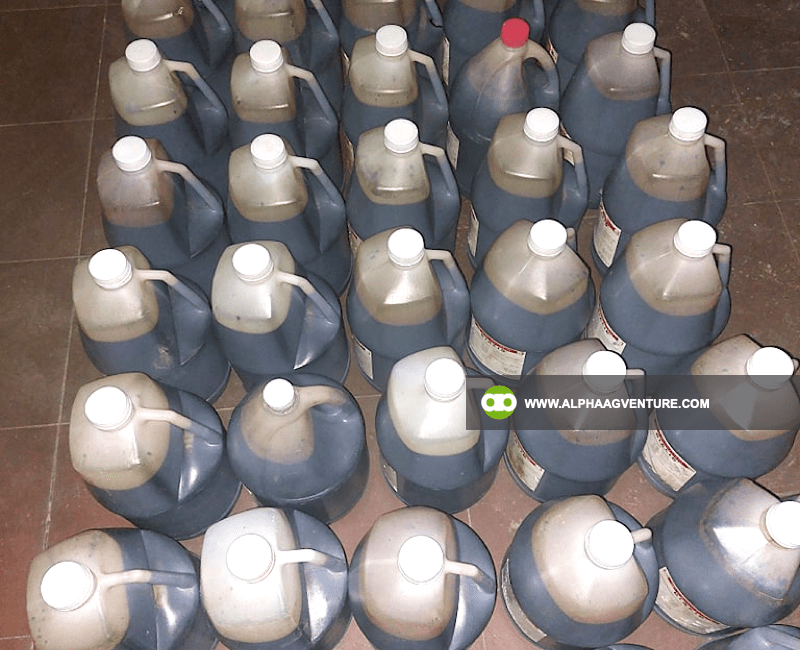
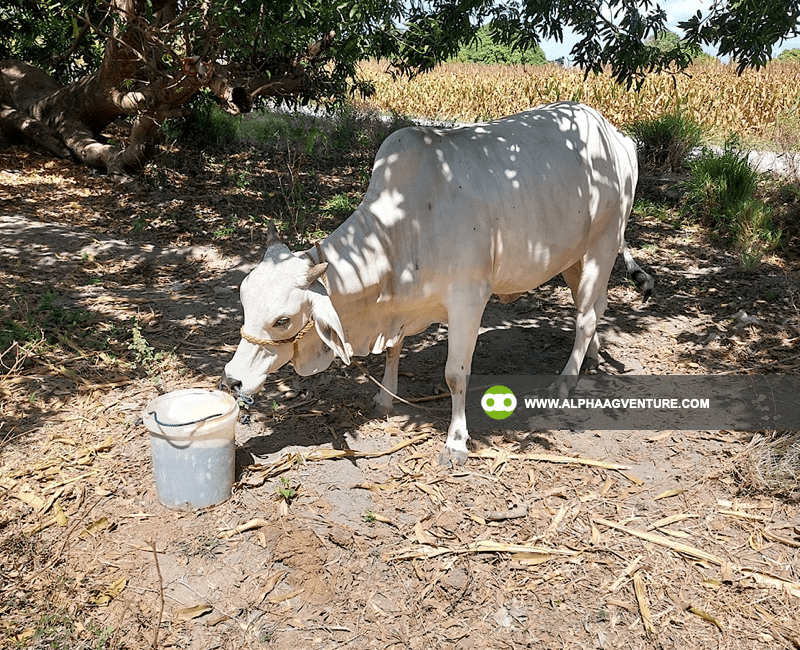
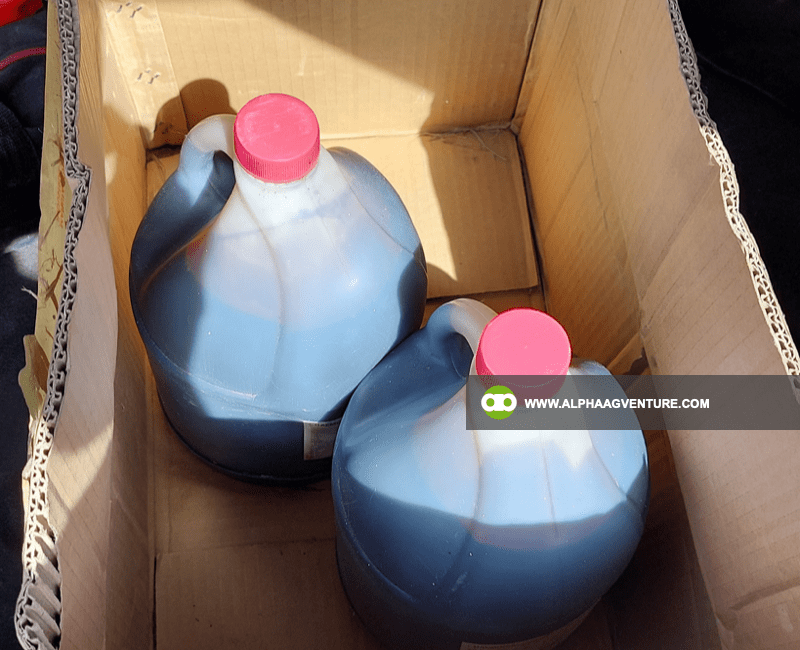
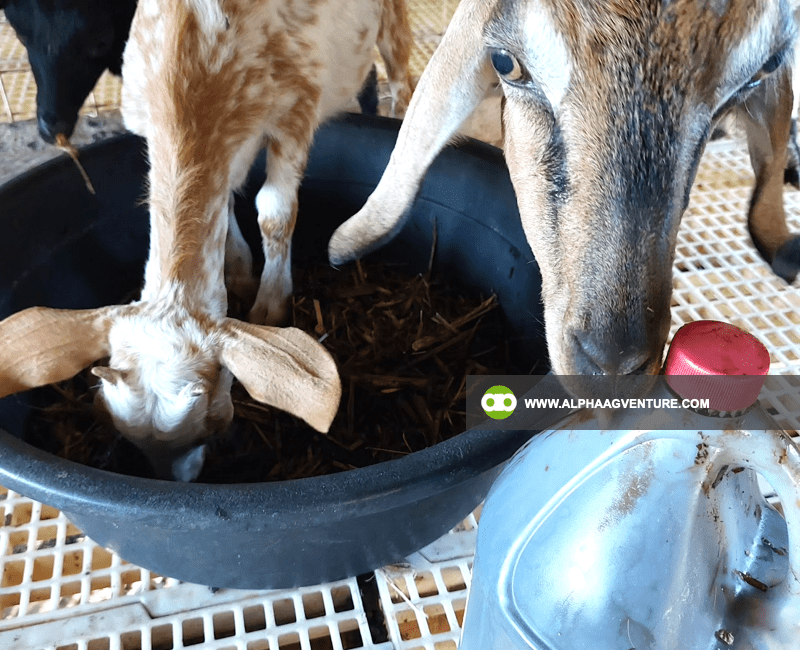
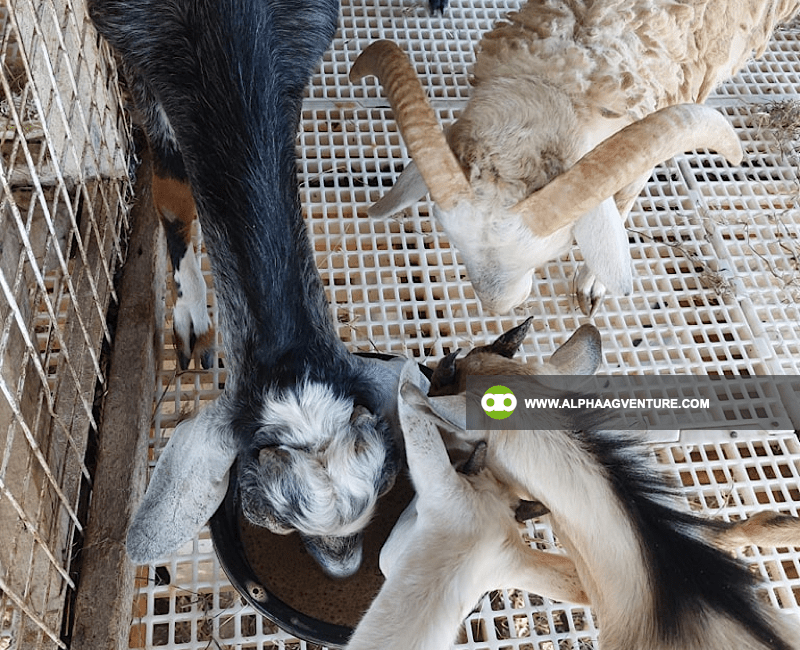
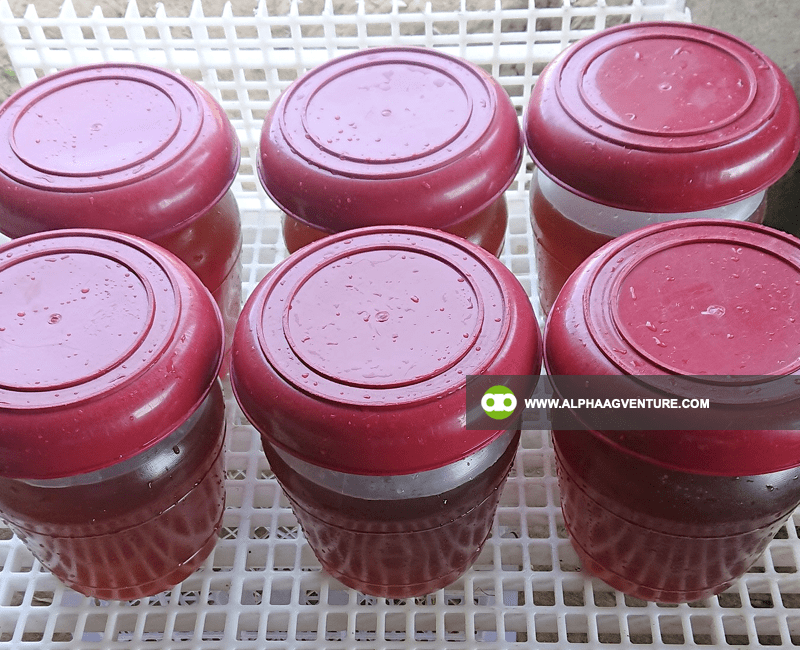



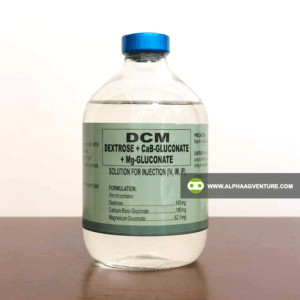
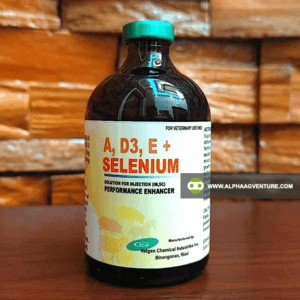
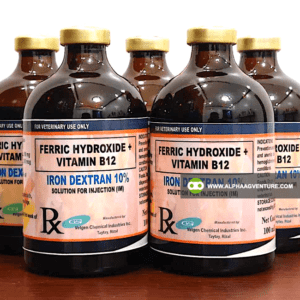
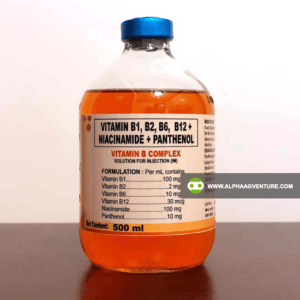
Reviews
There are no reviews yet.